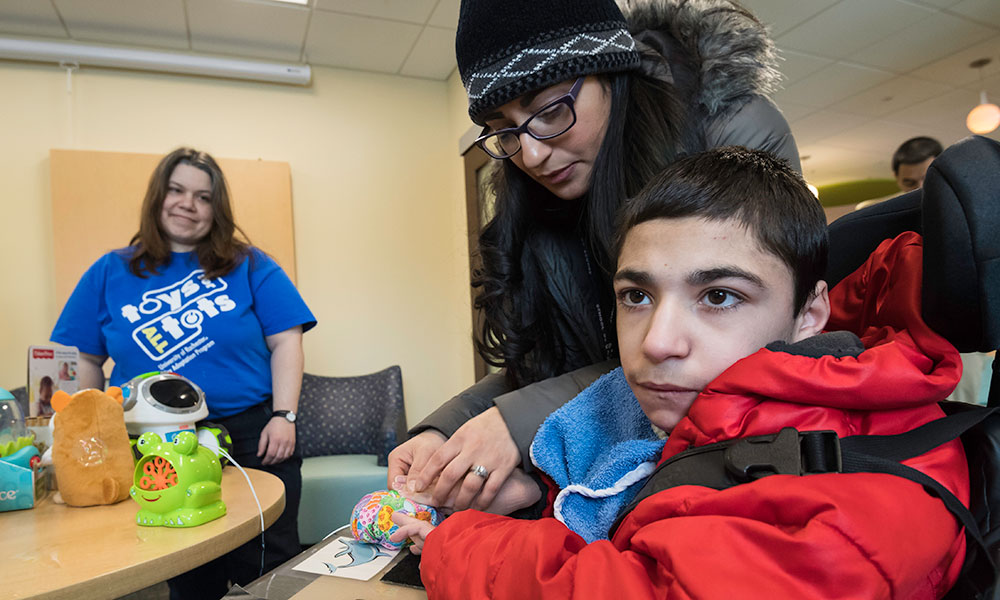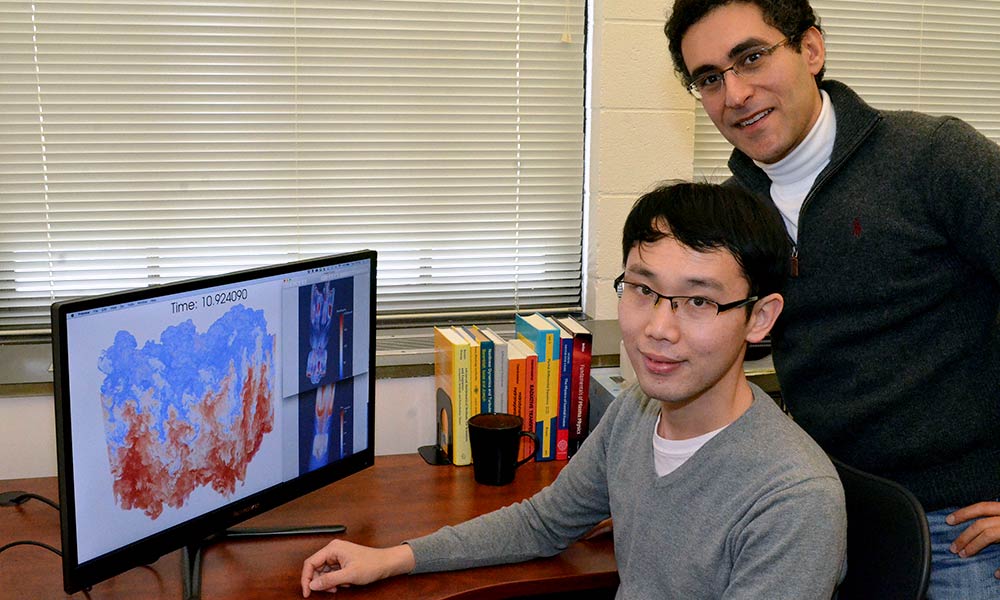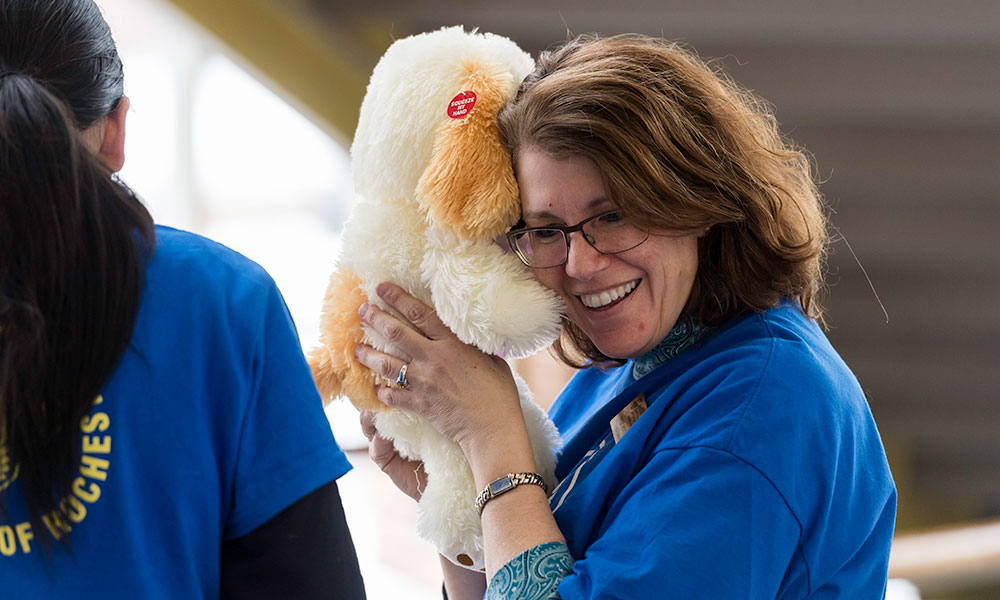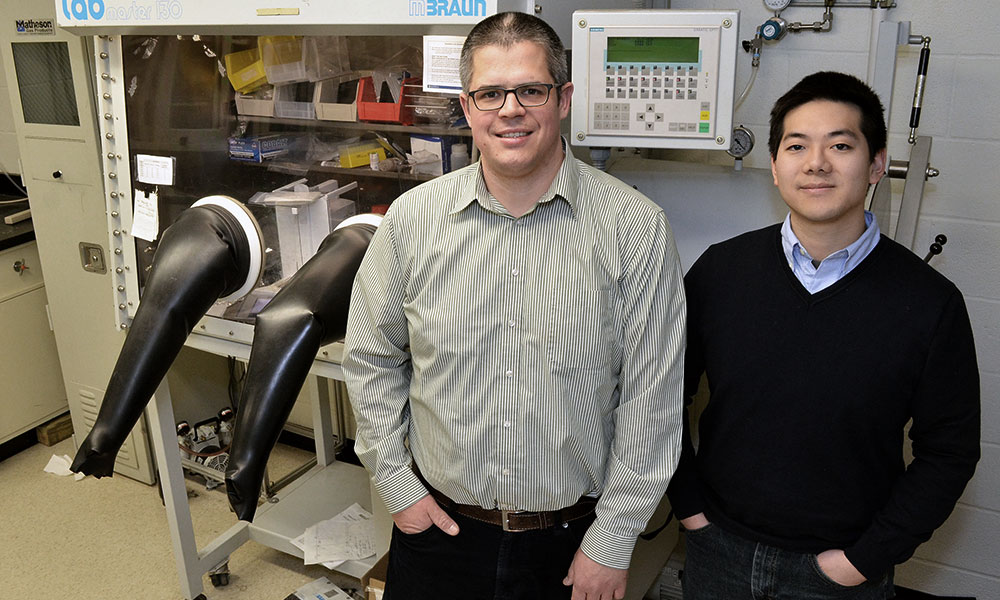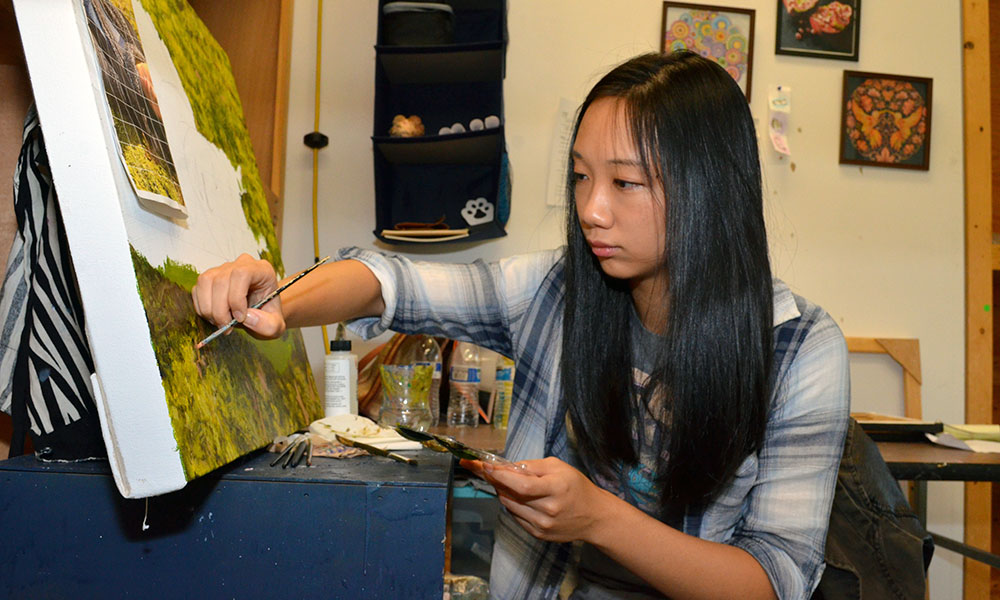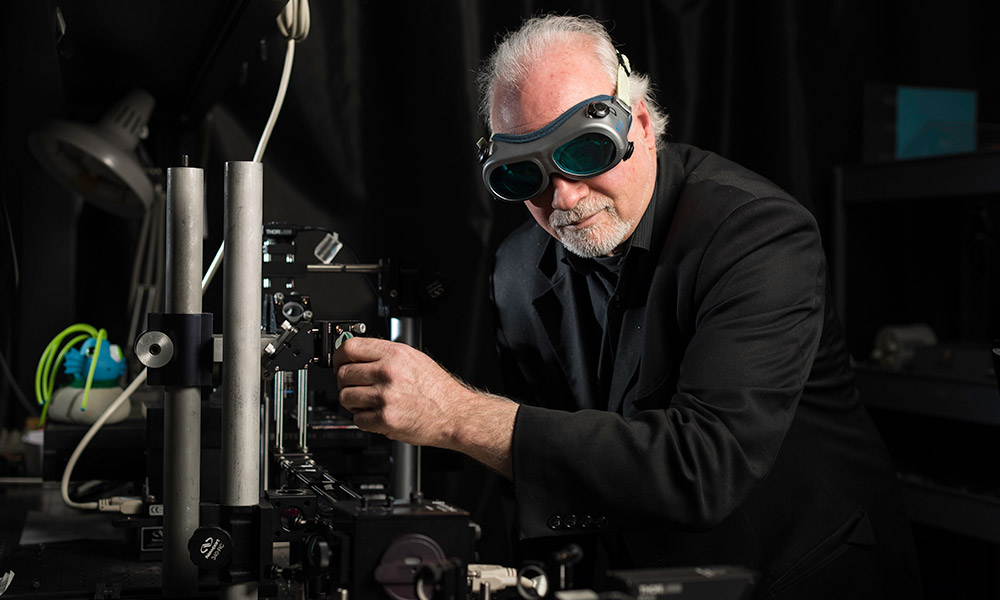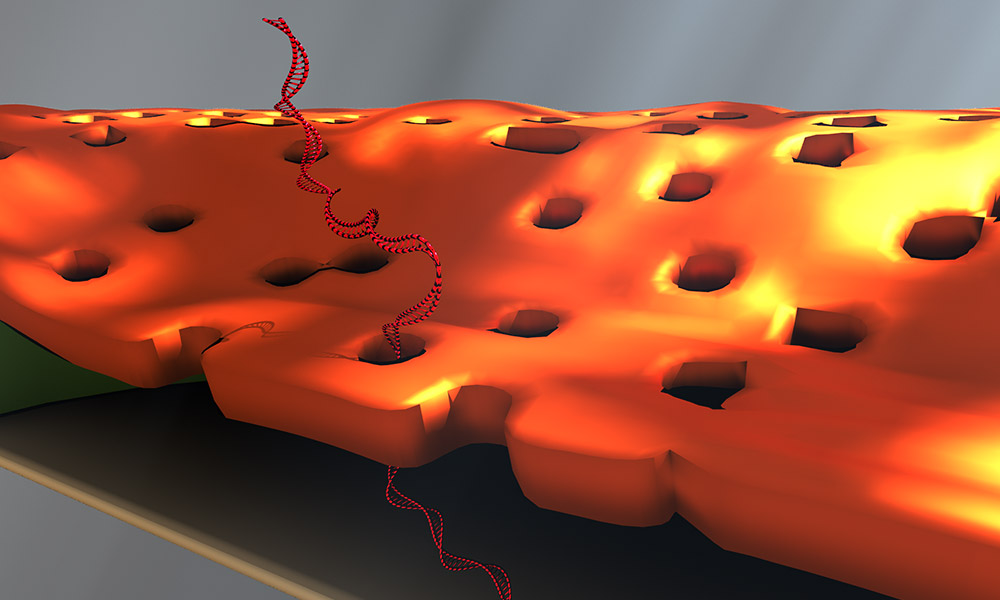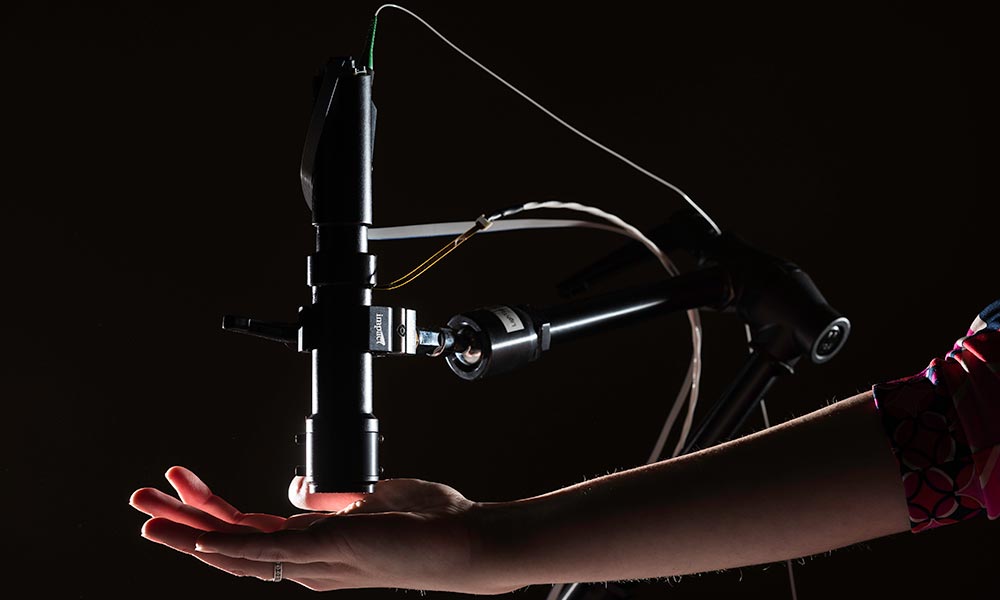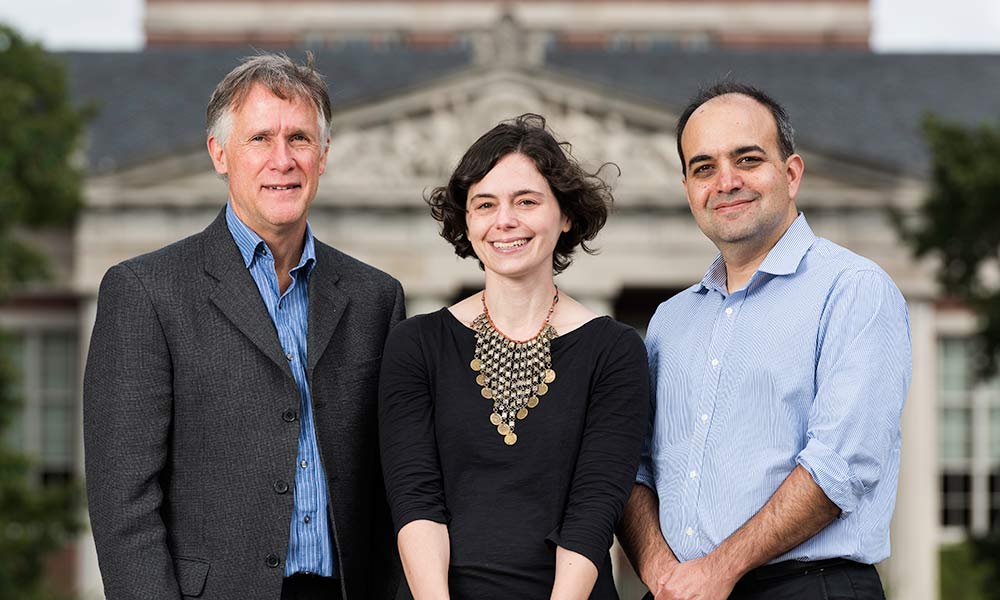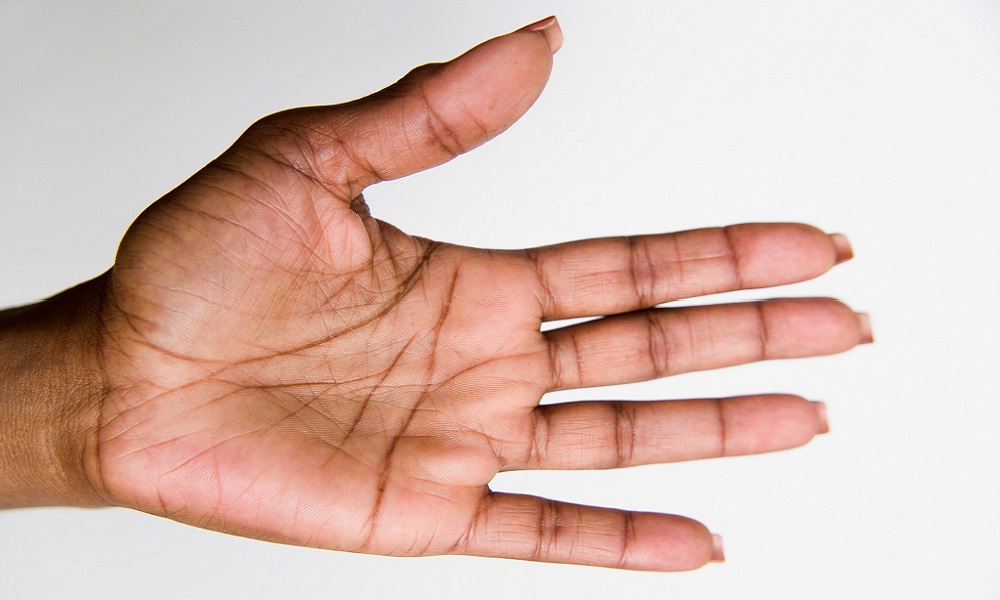
Science & Technology
Rochester team casts light on a hidden problem in domestic violence cases
January 18, 2018
While existing technology for detecting bruises works well for light-skinned victims, it’s less effective for people of color. An interdisciplinary team at the University of Rochester has set out to change that.

